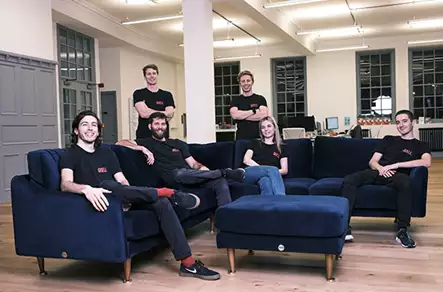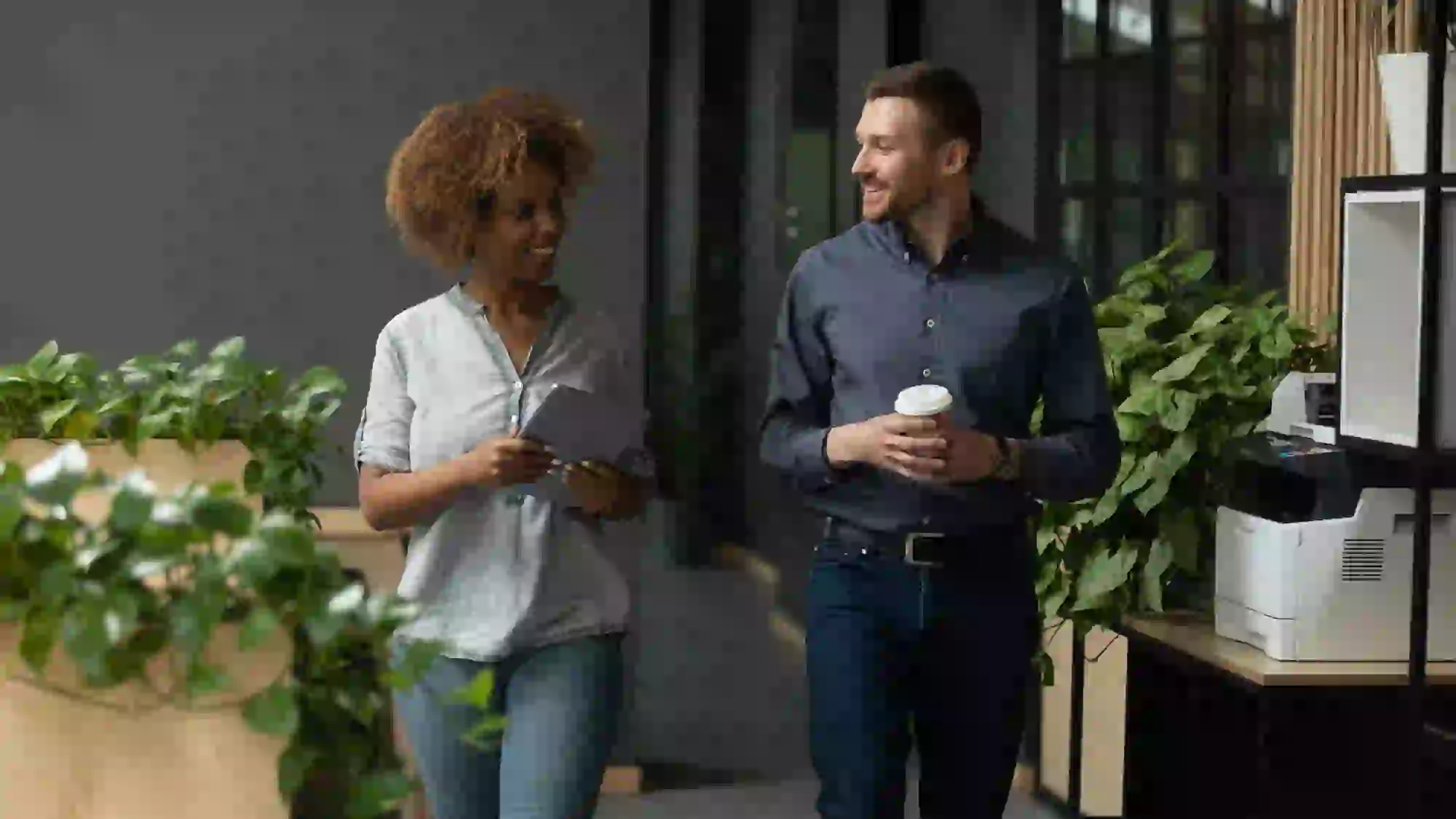All of us struggle to meet deadlines and goals at some point, and will inevitably fall back to short-term copying strategies – such as all-nighters – to get the job done. But these coping strategies often come at a price; lots of stress with a side order of exhaustion. In the long-term, planning and understanding are the keys to regularly meeting deadlines and goals without the nasty side-effects. Read on to find out more.
Incremental targets
Big goals can be daunting. Just the perceived effort involved in finishing a large-project – especially one that seems never-ending – can be a motivation-killer. Breaking the project down into smaller mini-projects - with a deadline for each mini-project – can limit the long-term exhaustion that comes from larger projects.
This process will work more effectively if you have an overall plan in place for the project, with each mini-project gradually building into sizeable progress which then leads into the completion of the project. If you just have many different mini-projects, with no cohesion to the overall process, it can lead to feelings of ‘wandering in the desert,’ and this can quickly cause mental fatigue.
Incremental targets can also help you resist temptations. If you are working on a project and keep getting tempted to have a cigarette, just tell yourself to hold off for five minutes... and another five minutes... and a further five minutes. Although this strategy may not work in the long-term, it’s a great way to resist temptation when you absolutely have to.
Develop an efficient framework
It’s a common fallacy that people are most productive when given free rein – this is often associated with creativity i.e. freethinking is the best way to be creative. But actually, people are most creative when working within an identifiable framework. When it comes to meeting a deadline, knowing precisely what stages you need to complete to reach a deadline can help.
For example, if one of the mini-projects you identified is to deliver a pitch to a client, you could break the routine down into hours spent on each aspect of the mini-project e.g. one hour to research similar projects, two hours to write the pitch, another hour to check it for errors and then a final hour to make it look pretty.
This helps make sure your mind is in the right place for each part of the process. If you know that for the next hour you are checking a document for errors, you remain focused, whereas if your head is swimming with competing ideas and priorities it’s a lot harder to concentrate and get the job done to a high standard.
Reduce environmental stress
Limiting distractions and maintaining a clear mind are important when you have deadlines looming. The basic advice is important – eat healthily and exercise regularly. This will keep your mood up, your concentration clear, and reduce your chances of getting ill.
It’s also important to understand the best way you work and take steps to ensure you’re always in the best place to make progress towards your deadline. For example, if you have always work best after a healthy breakfast, make it the night before (and lunch) so that you don’t have to break your concentration to prepare meals. However, you should still take regular breaks as the mind can only concentrate for so long.
By being aware of how your body responds to stimuli e.g. stress and coffee, you gain control over your environment and make it easier to stay motivated and proactive when deadlines are approaching.
Focus on the journey, not the results
It’s human nature to want results as quickly as possible - anyone who has ever tried to lose weight will know this very well. This results-driven attitude is useful in some situations, but often leads to a rollercoaster of motivation and disappointment linked to how the project or goal is progressing.
The key is to focus on the journey rather than the end-game, enjoying the long-term feelings that come with hard work and the inevitable pay-off at the end of the line. This frees you from the constant expectations of progress, which can zap your energy.
Of course, this is not to say you should not pay attention to how a project is progressing, but you should do so only to ensure you are on the right track. Checking performance against your own effort is a bad idea e.g. I’ve been working for 5 hours – have I done enough? It can lead to disappointment, especially if you are too hard on yourself.
Don’t overcommit
This sounds obvious but it’s an easy mistake to make as everyone tends to want to challenge themselves. But when you overcommit on a project, and create deadlines that are incredibly difficult or impossible to make, you are setting yourself up for stress and exhaustion regardless of how many healthy coping strategies you use.
Make sure the deadline is reasonable – think about how much works needs to be done and how much time you can commit per day, taking into account other responsibilities such as sleep, hobbies, eating, care of children etc. It’s important you take time out of work to relax so don’t overstretch yourself (“I’ll just work a few 20 hour days”) as you’ll get stressed and tired, and will therefore be more likely to make mistakes.



